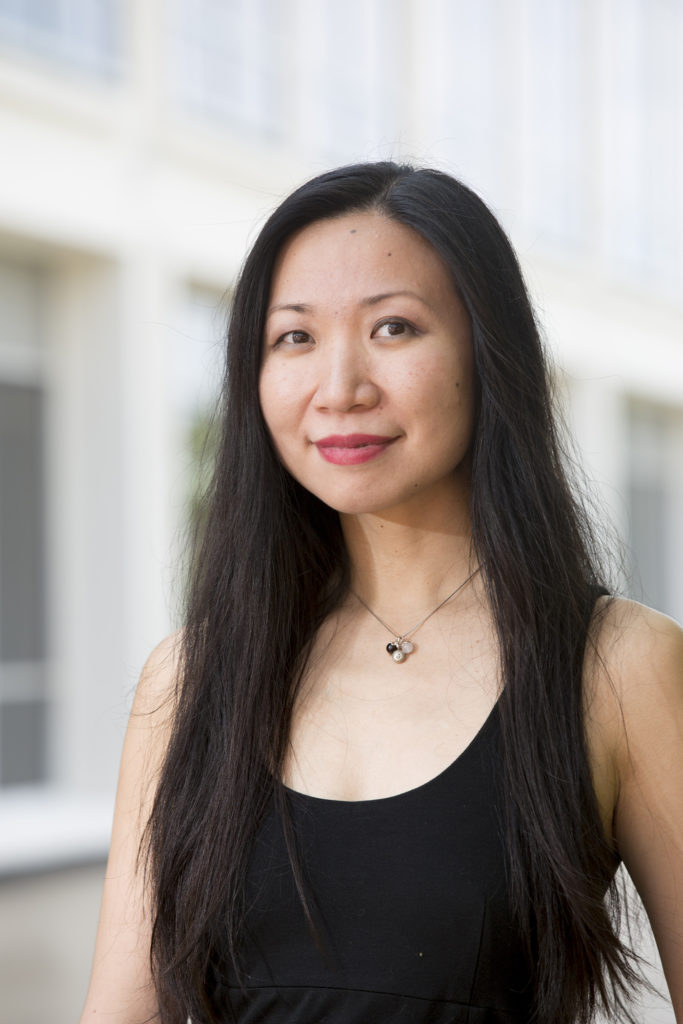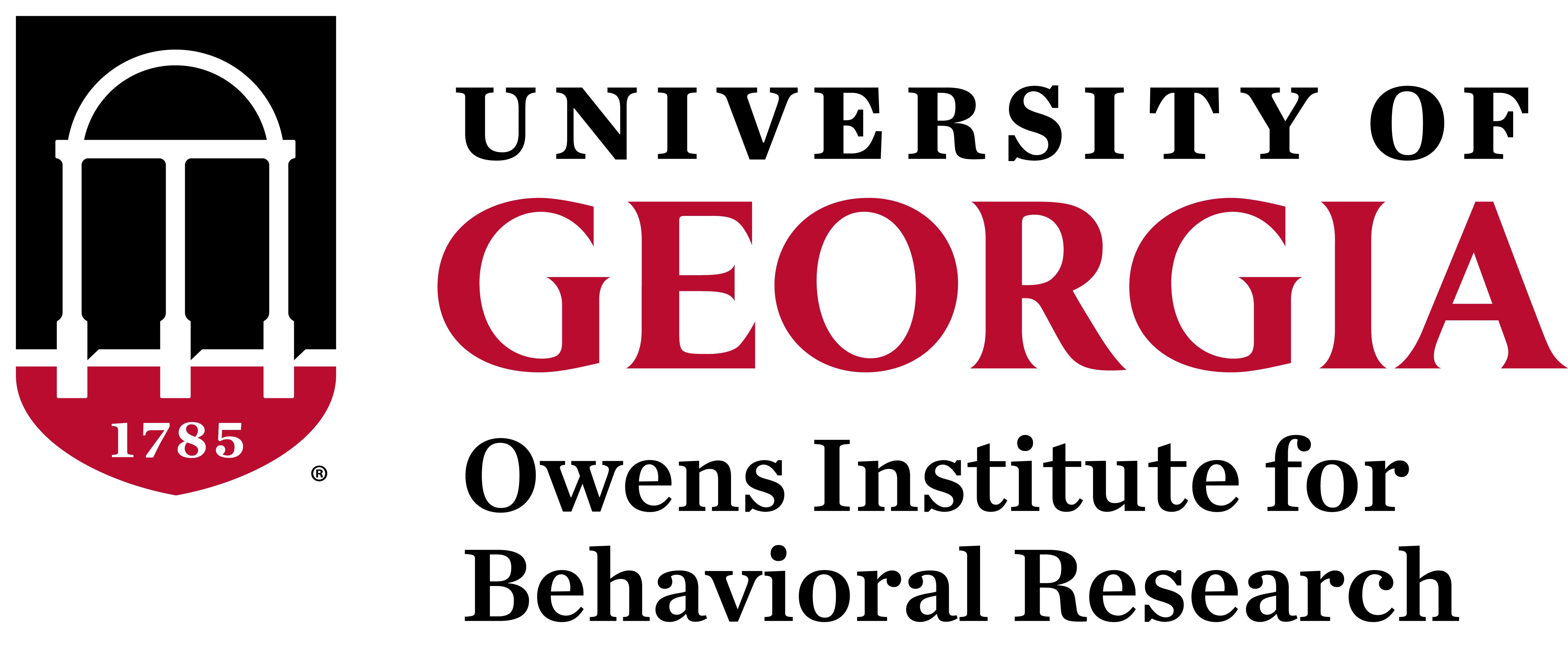Dr. Yan Jin explores strategies for combatting misinformation during health crises

Yan Jin leads FDA sponsored research to gather evidence to guide future messaging.
In the midst of the global COVID-19 pandemic, researchers at the University of Maryland (UMD) and the University of Georgia (UGA) were collaborating with researchers at the U.S. Food and Drug Administration (FDA) Center for Drug Evaluation and Research (CDER) Office of Communications to develop and test messaging strategies that can help overcome misinformation that arises during public health emergencies.
Brooke Fisher Liu, professor in UMD’s Department of Communication, and Yan Jin, OIBR Distinguished Scholar and professor of public relations and Georgia Athletic Association Professor at UGA’s Grady College of Journalism and Mass Communication, will develop and test message strategies concerning vital health information that can help keep people safe.
“Past research found a clear link between COVID-19 misinformation exposure and vaccine hesitancy,” said Liu, the project’s principal investigator. “Research also connects misinformation exposure to lower compliance with government health and safety guidance. In short, misinformation is just as great of a threat to public health as the virus that causes the COVID-19 disease, but our knowledge is limited on how to combat misinformation.”
Through two large-scale experiments on how messages containing misinformation and various types of responses are interpreted by U.S. adults, the researchers will be among the first to explore how public health misinformation can be corrected through strategic risk communication and what methods work best in thwarting misinformation.
“This project exemplifies the importance and promising future for more collaborative risk and crisis communication research across universities and with the government to provide theory-driven, evidenced-based insights to protect public health and safety,” said Jin, the project’s co-principal investigator.
The FDA is investing nearly $225,000 to fund the three-year project, which began in October 2021. The research team will recommend best practices for how public health agencies can combat health misinformation for the COVID-19 pandemic and future threats.
The team defines misinformation as a claim of fact that is false due to a lack of scientific evidence or conflicting scientific evidence. The researchers will conduct online experiments gathering information on how adults respond to medical and health misinformation. The research team will also provide a targeted deep-dive analysis of previous research to identify best communication practices that promote safety during public health crises.
Liu and Jin are two of the leading risk and crisis communication scholars in the world. Their collaborative work dates back to 2001, when they both studied in the graduate program at the Missouri School of Journalism. They are joined by Tori McDermott, graduate research assistant from the UMD, and Xuerong Lu, graduate research assistant from the UGA.
“It is a great opportunity for me, as a young scholar in crisis communication, to collaborate with Dr. Liu and Dr. Jin to significantly advance research and practice in misinformation management,” said Lu.
The research findings will provide an opportunity to address real-time challenges, and the lessons learned from them, to guide future leadership decisions in health communication. The mission behind this research is to equip authorities with communication to respond to misinformation in a way that protects public health and safety.
“As an emerging scholar, I am so grateful to work on a project of this magnitude not only to help mitigate the negative effects of infodemics, but also to learn from Dr. Liu and Dr. Jin how scholarship can inform and change practice and policy to better society,” said McDermott.
Author: Dayne Young, dayne@uga.edu
More information about this project: Yan Jin
